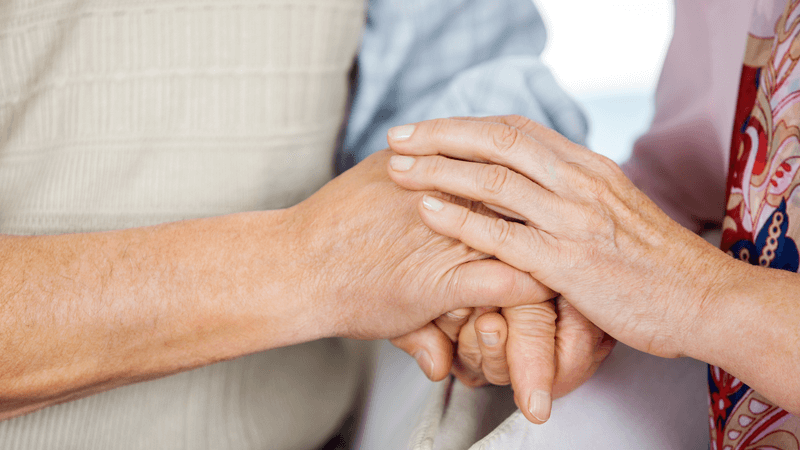Vulnerable people will continue to be protected as a result of a High Court ruling on assisted suicide, campaigners say.
The comments follow yesterday’s ruling against a change in the law, in which judges said human rights law did not extend to assisted suicide.
Supporters of the current system said attention now needs to turn to providing first-class care for people with a terminal illness or disability.
Lethal drugs
Noel Conway, a 67-year old who has a form of motor neurone disease, brought the case because he believes he does not have “choice and control” over his death. Dignity in Dying – formerly known as the Voluntary Euthanasia Society – is backing Conway’s case.
At the High Court Lord Justice Sales, Mrs Justice Whipple and Mr Justice Garnham noted Article 8 of the Human Rights Act 1998 is a qualified right that does not extend to forcing doctors to provide lethal drugs to terminally ill people.
In 2015 MPs considered a Bill to change the law, voting against such a move by 330 to 118.
Doctors’ opposition
Campaign Director of the Care Not Killing alliance, Dr Peter Saunders, welcomed the decision, and noted that assisted suicide is opposed by the BMA, the Royal College of GPs, and the Association for Palliative Medicine.
“These groups have looked at this issue on numerous occasions in detail and concluded that there is no safe system of assisted suicide and euthanasia anywhere in the world”, he said.
Adding: “The safest law is the one we currently have, which gives a blanket prohibition on all assisted suicide and euthanasia.
“This deters exploitation and abuse through the penalties that it holds in reserve, but at the same time gives some discretion to prosecutors and judges to temper justice with mercy in hard cases.”
Vital protections
His comments were echoed by campaign group Not Dead Yet UK.
Juliet Marlow said the current law contained “vital legal protections”.
She went on to call for fresh focus on “a lack of adequate social care being provided to people with disabilities” and “ensuring adequate palliative care is provided for the terminally ill”.

